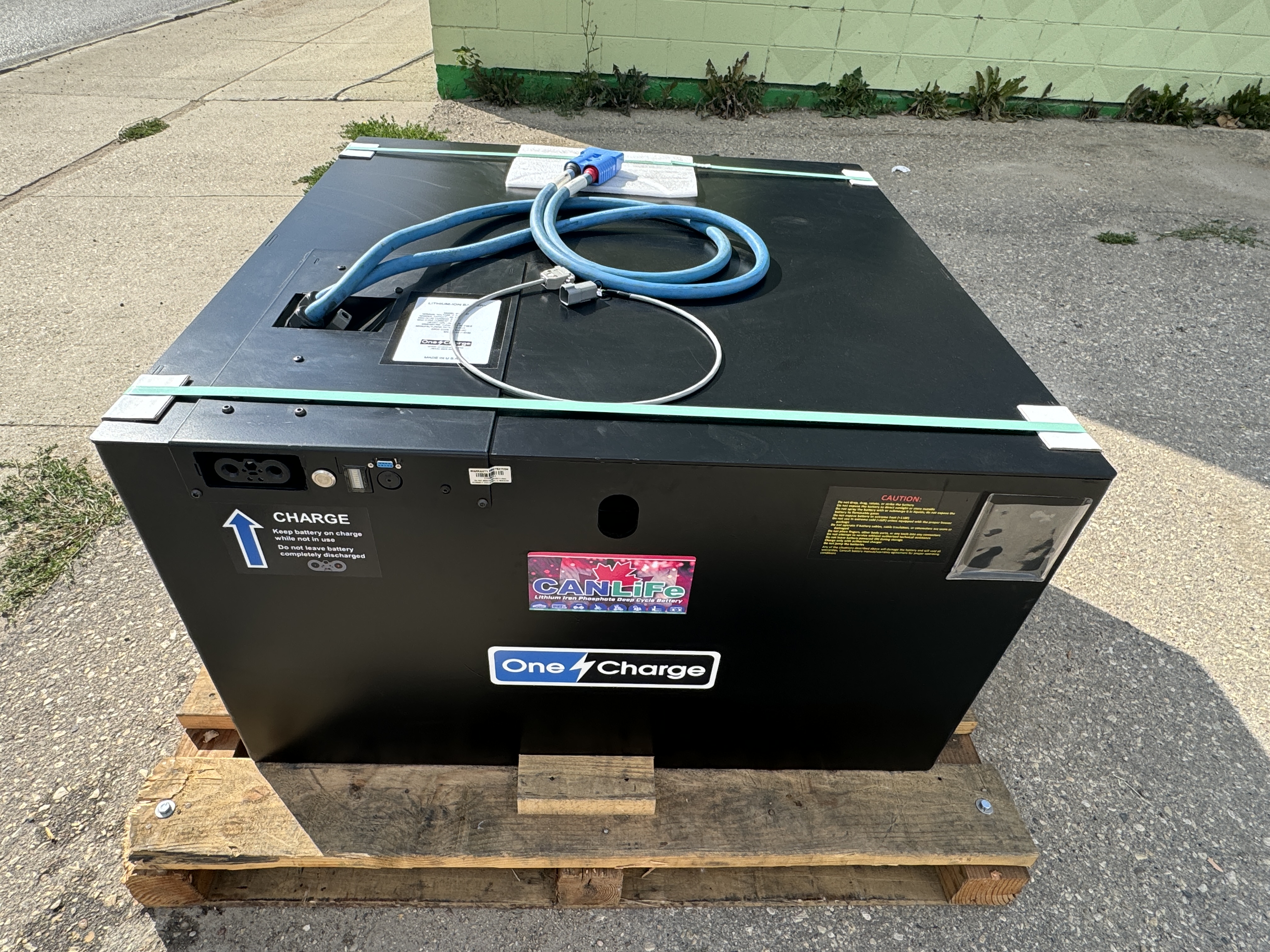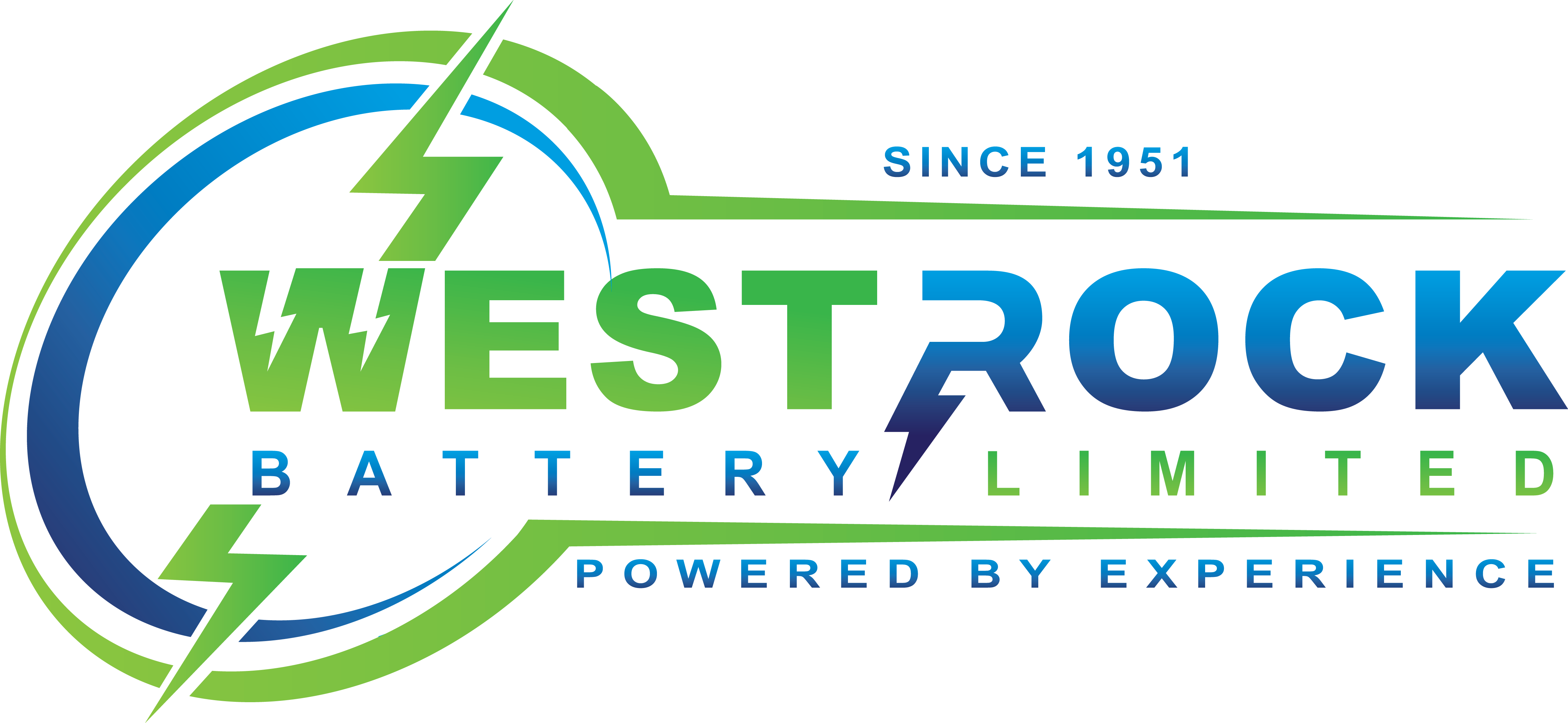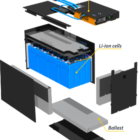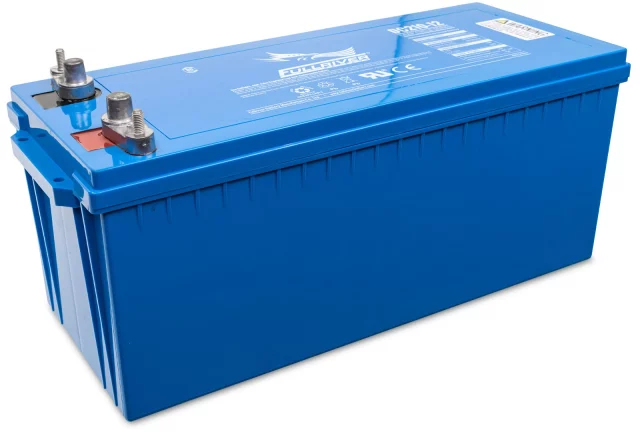Description
CanLiFe OneCharge 36 Volt 18-85-27 Fully Ballasted Lithium Forklift Battery 36 Volt 630 Amp Hours
UL2580 Tested In Process
Drop In Replacement For 18-85-27 Lead Acid Batteries
Includes Slow Charger For Light Duty Applications (1-2 Hours Per Day)
Optional Rapid Opportunity Charger Available Starting At $6500
Limited Time Offer Special Pricing Below Market Value
Flat Shipping Rates:
Winnipeg – Free
Manitoba – $275
Sask/Northwestern Ontario – $375
Alberta – $450
Eastern Ontario – $600
British Columbia – $600
Quebec – $750
East Coast – $1200
• Dimmensions 38.2” x 32.75” x 22.5”
• Minimum Weight – 3140 Lbs
• Ships With Hyster Canbus Cable – Battery Is Unlocked And Compatible With Any Brand Of Lift Truck
• Equivalent To An 18-85-27 – 1100 AH Lead Acid Battery
-
Can Be Opportunity Charged At Up To 270 Amps – Chargers Available
-
5 Year Replacement Warranty Administered By Westrock
-
6 Units In Stock In Winnipeg, Free Shipping Across Canada
 Convert Your Old Lead Acid Forklifts to Lithium at a Cost Similar To Lead Batteries:
Convert Your Old Lead Acid Forklifts to Lithium at a Cost Similar To Lead Batteries:
Lead-acid forklift batteries have been a staple in material handling for decades, but they come with several notable drawbacks that can impact operational efficiency and cost-effectiveness. Here are some of the key disadvantages:
1. Maintenance Requirements
Lead-acid batteries require regular maintenance to ensure optimal performance and longevity. This includes:
- Watering: The battery cells need to be topped up with distilled water periodically to prevent damage from acid stratification and to ensure proper operation.
- Equalizing Charges: Periodic equalizing charges are necessary to balance the cells and prevent sulfation, which can degrade performance.
- Cleaning: The battery terminals and connections often need to be cleaned to prevent corrosion.
This maintenance can be time-consuming and requires trained personnel, leading to increased labor costs and downtime.
2. Shorter Lifespan
Lead-acid batteries typically have a shorter lifespan compared to newer battery technologies like lithium-ion. They usually last around 800 to 1,200 charge cycles (VS 6,000+ For Lithium) , which means they may need to be replaced more frequently, increasing the overall cost of ownership.
3. Limited Runtime
As lead-acid batteries discharge, their performance gradually diminishes. This can lead to reduced forklift run times and the need for more frequent recharging. In high-demand environments or multi-shift operations, this limitation can lead to productivity losses and increased downtime.
4. Long Charging Time
Lead-acid batteries generally require longer charging times compared to lithium-ion batteries. A full charge can take several hours, which means that forklifts need to be parked and cannot be used during this time. This downtime can affect overall operational efficiency.
If you have been contemplating this upgrade, you may be aware that lithium batteries can be very expensive, quotes often come in at 2-5 Times the price of equivalent Lead Acid Batteries. This guide will outline what you need to know about Westrock’s Affordable Lithium Battery Conversion Service For Pallet Jacks & Forklifts. For those unsure whether lithium-ion batteries are worth the investment, explore further below or request a free consultation.
Consider a Shift from Lead-Acid to Lithium Iron Phosphate Forklift Batteries?
Lithium batteries, which revolutionized personal electronics over the past two decades, are now transforming the material handling industry. Many pallet jacks and electric forklifts are now equipped with lithium batteries as standard. For Canadian businesses, making the switch to lithium technology can offer significant benefits in terms of productivity and reduced downtime compared to traditional lead-acid batteries.
Are You Ready to Make the Switch?
The
What to Expect After Switching to Lithium-Ion Forklift Batteries
For Light Users (An Hour Or Less Of Forklift Use Per Day) Charging Won’t Change Much, But Operators In Moderate Or Heavy Use Environments Need to Adapt to Opportunity Charging
One common challenge when switching to lithium-ion batteries is adjusting to the new charging routine. Unlike lead-acid batteries, which are typically charged at the end of shifts, lithium-ion batteries can be charged during breaks or shift changes—a practice known as opportunity charging.
To ensure a smooth transition, consider these steps:
- Consult with supervisors and operators to determine optimal charger locations.
- Develop guidelines for when forklifts should be charged or left unplugged.
- Post “Charge the Forklift” reminders in high-visibility areas like near time clocks and break rooms.
More Free Time for Associates
Lithium-ion batteries are maintenance-free; they don’t require swapping, watering, or equalizing. As a result, your team will have more time to focus on other tasks.
ACTION ITEM: Evaluate the current time spent on battery maintenance and consider how to reallocate this time.
Additional Space
With lithium-ion batteries, you’ll no longer need a charging room, battery racks, or a watering station.
ACTION ITEM: Decide how to utilize the extra space that becomes available.
Reduced Expenses
Switching to lithium-ion batteries can lead to substantial cost savings, including:
- Lower Energy Bills: Lithium-ion batteries are approximately 30% more energy efficient.
- Fewer Battery Replacements: They last 2-4 times longer than lead-acid batteries, often replacing three lead-acid batteries in multi-shift operations.
Typically, the investment in lithium-ion batteries pays off within 2-3 years for multi-shift operations and 4-5 years for single-shift operations. Additionally, Canadian businesses may benefit from various provincial and federal incentives that can accelerate the return on investment.
ACTION ITEMS:
- Consult with your CFO about how to reallocate funds saved from reduced battery and energy costs.
- Contact Total Industries for information on available incentives or assistance with ROI calculations.
Potentially Fewer Forklifts Needed
After switching to lithium-ion batteries, you might find that fewer forklifts are necessary due to increased runtime and reduced downtime.
ACTION ITEM: Reassess your fleet needs after 12 months.
Is Lithium-Ion the Right Choice for You? Schedule a Free Consultation
At Westrock Battery Ltd., we aim to help you improve operational efficiency without pushing unnecessary equipment. We offer free, no-obligation evaluations to help you determine if lithium-ion batteries are the right investment for your business. Our experts can assist you in:
- Evaluating the financial benefits of switching to lithium-ion.
- Estimating the return on investment timeline.
- Calculating the total conversion costs for your fleet.
For More Information Or To schedule an on-site evaluation (Manitoba Only), Please contact us online or by phone.










There are no reviews yet.